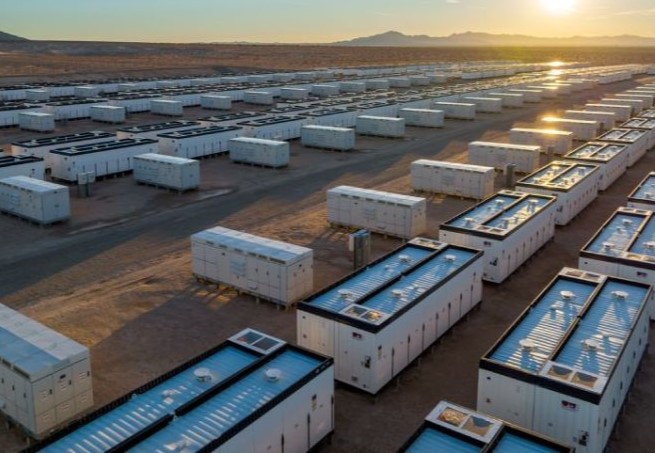
The global COVID-19 pandemic led to disruptions in the energy market and supply chains. The shift presents several opportunities to South America. The region is on the track to shift towards a cleaner and low-carbon future. Reshoring supply chains provides an avenue for businesses looking to enhance their operations. They leverage the region’s renewable energy resources, labor force and proximity to key markets. It can also help companies build more resilient and efficient supply chains for South America. The success of reshoring supply chains will depend on addressing the challenges. Countries like Brazil, Chile and Argentina have potential for expansion to include renewable energy components. This article delves into the opportunities and challenges facing reshoring in South America.
Opportunities for reshoring supply chains in South America
Reshoring supply chains provide a variety of opportunities that are beneficial to corporations and economies. This is particularly for companies looking to reduce dependency on foreign markets, manage risks and capitalize on regional advantages. Continued investments in infrastructure, technology and regulatory reforms play a pivotal role in the global supply chain landscape. Reshoring supply chains provide opportunities such as access to markets, intra-regional trade, growing workforce, industrial growth and innovation and technology adoption. South American countries can embrace these trends to align with global shift to sustainability.
Challenges to reshoring supply chains in South America
South America faces various challenges that companies and stakeholders must consider and address. They must take the right approach to navigate these challenges and tap into the opportunities that South America offers. Discussed below are the various challenges facing the reshoring supply chains.

- Political and economic instability – political instability in South American countries leads to frequent changes in government, social unrest and corruption. This can lead to a challenging environment for businesses with risks related to policy changes. High inflation, currency fluctuations and debt issues can pose risks to businesses. This can lead to increased operational costs and create uncertainty.
- Environmental concerns – environmental regulations in South America are becoming more stringent which adds more costs. Large-scale reshoring projects can have social and environmental impacts on local communities. This is including displacement, pollution and resource depletion.
- Infrastructure deficiencies – transportation and logistics infrastructure such as roads, railways and ports. This can lead to inefficiencies in the supply chain, increased transportation costs and delays in the movement of goods. Power outages and inconsistent energy supply can disrupt production processes.
- Regulatory challenges – many South American countries have complex regulatory frameworks. This includes regulations, taxes and compliance requirements that can be time consuming to navigate. Slow government processes and excessive paperwork can lead to delays.
- Skill gaps – South America has a large labor force where there is a gap in the availability of workers with specific skills. Disparities in education and skills can limit the availability of a highly skilled workforce.
- Trade barriers – some of South American countries have high tariffs and trade barriers on imported goods and raw materials. These barriers increase the costs of production and limit the ability for importation.
Benefits of reshoring
Reshoring supply chains provides many benefits for businesses and the region’s economies. These benefits stem from factors such as strategic location, resource availability and cost advantages. Companies and stakeholders can capitalize on these advantages to build more resilient and competitive supply chains. This is all while contributing to the strategic investments and focus on overcoming challenges in South America. The following are the benefits of reshoring supply chains in South America.

- Cost effective labor – the large, growing, labor skills are beneficial for companies looking too scale production. Proper training and development programs can help meet the demands of various industries.
- Natural resources – South America is rich in natural resources including minerals and energy resources. Companies reshoring to the region can leverage these resources to reduce costs and ensure a steady supply of reduce costs. The availability of renewable energy sources provides the opportunity to build more sustainable and energy efficient supply chains.
- Emerging industrial hubs – several countries have established as emerging industrial hubs. These countries provide a developed infrastructure, skilled labor and access to global supply chains.
- Supply chains diversification – companies in South America can diversify their supply chains and reduce dependence on other countries. This can help mitigate risks related to geopolitical tensions, trade disputes and supply chain disruptions.